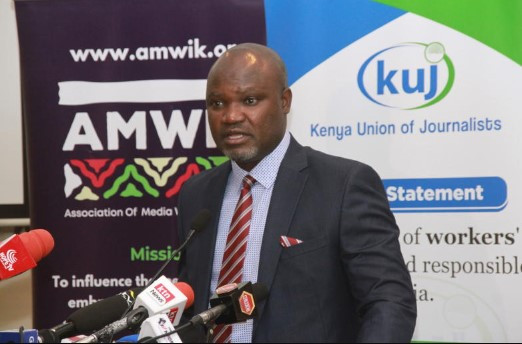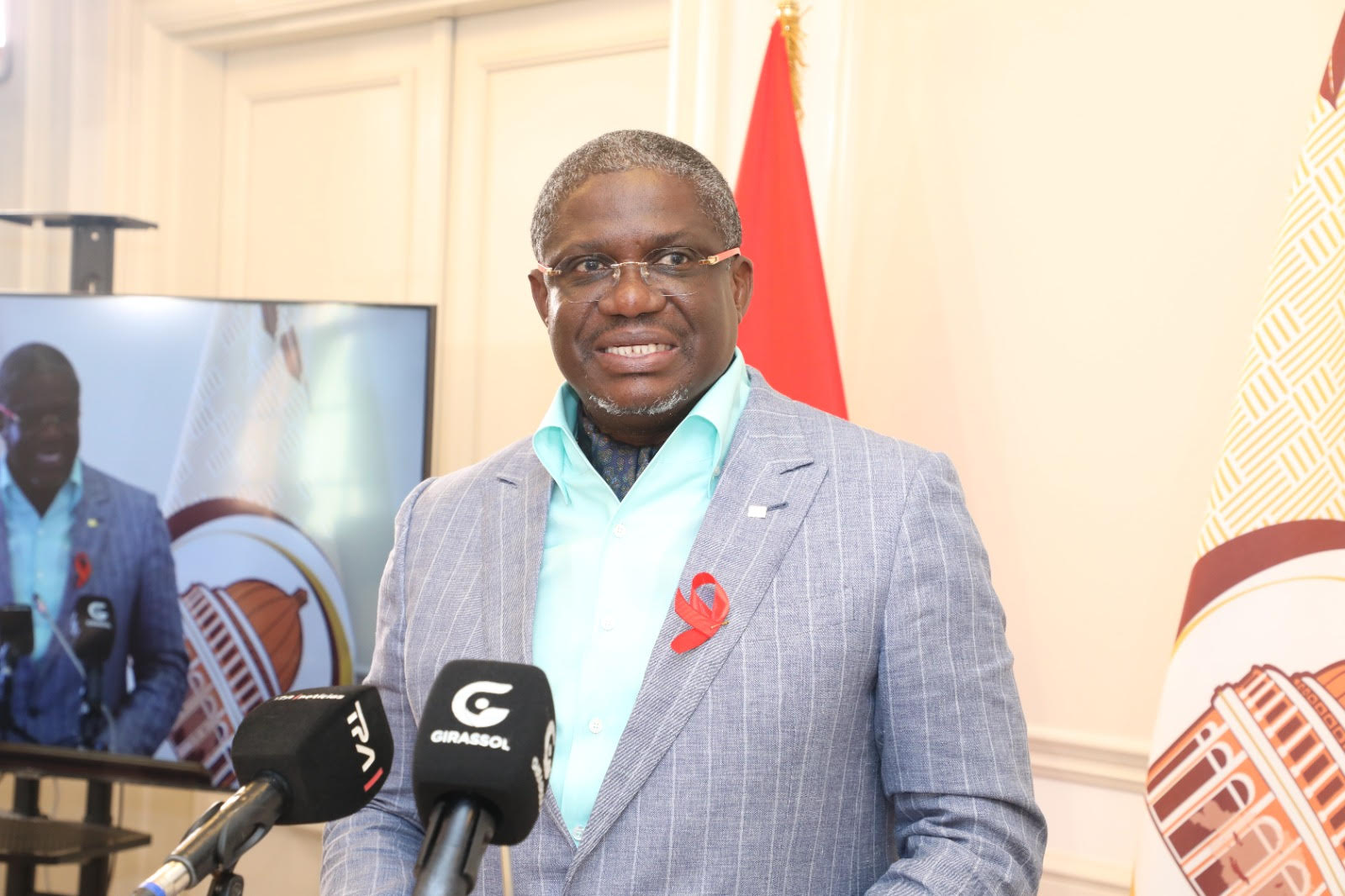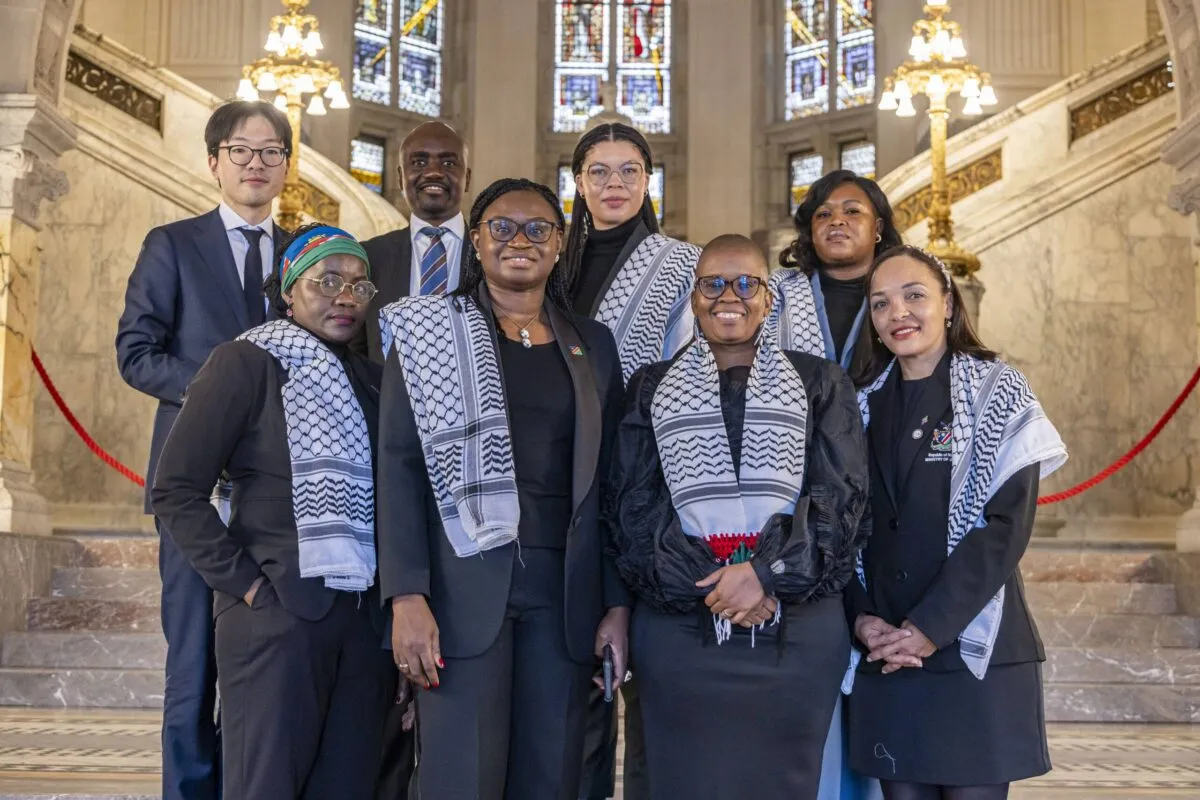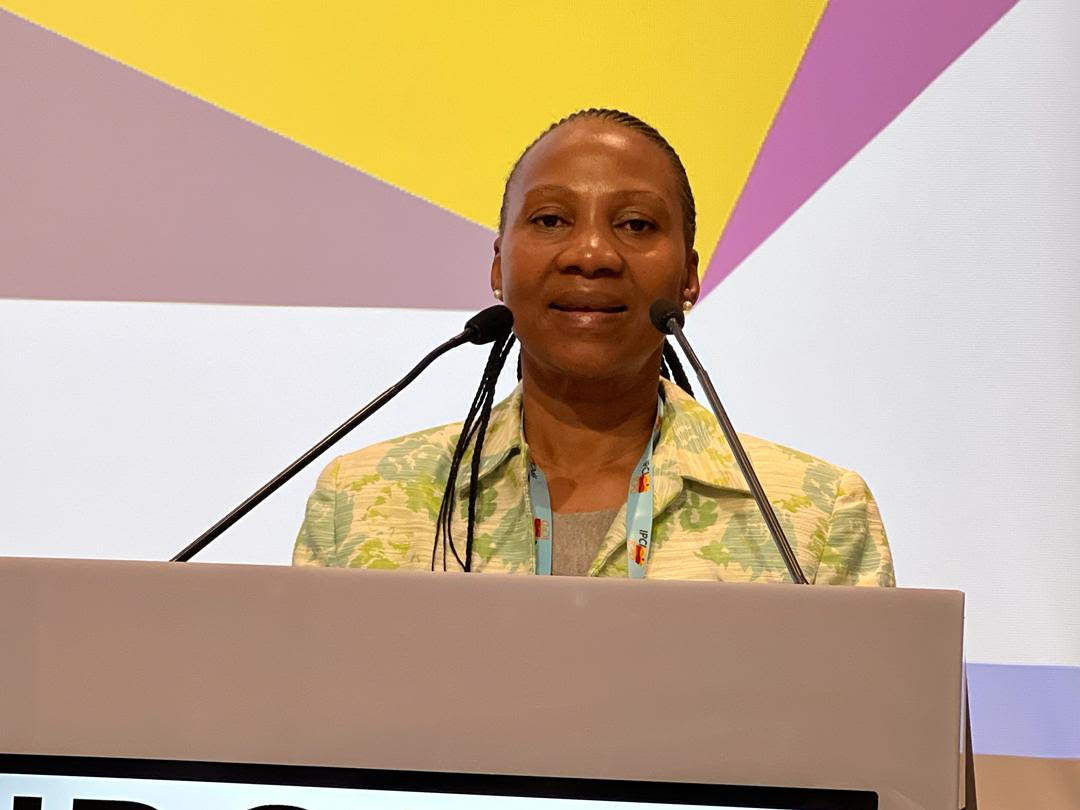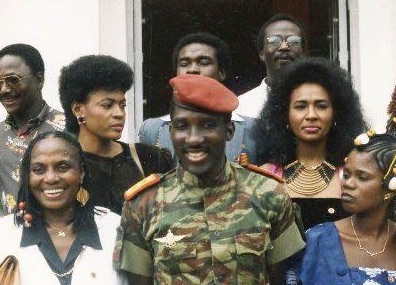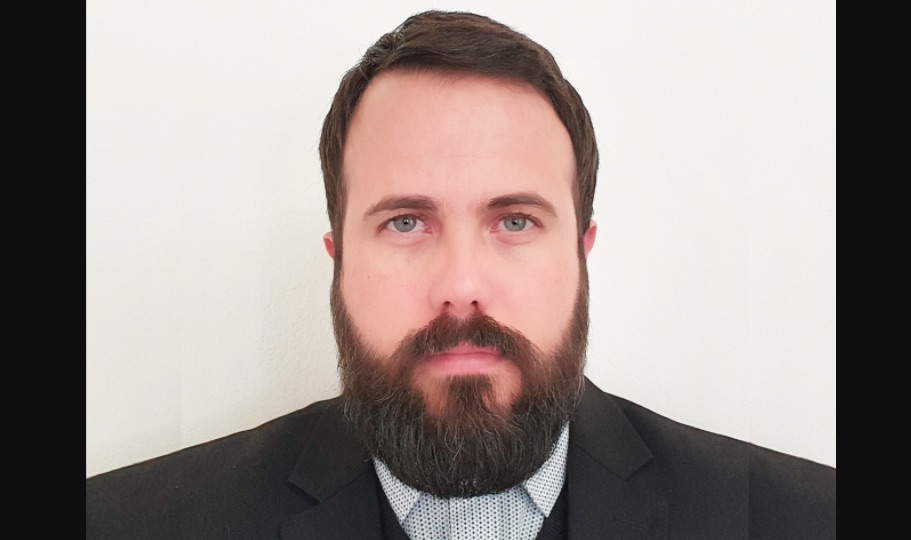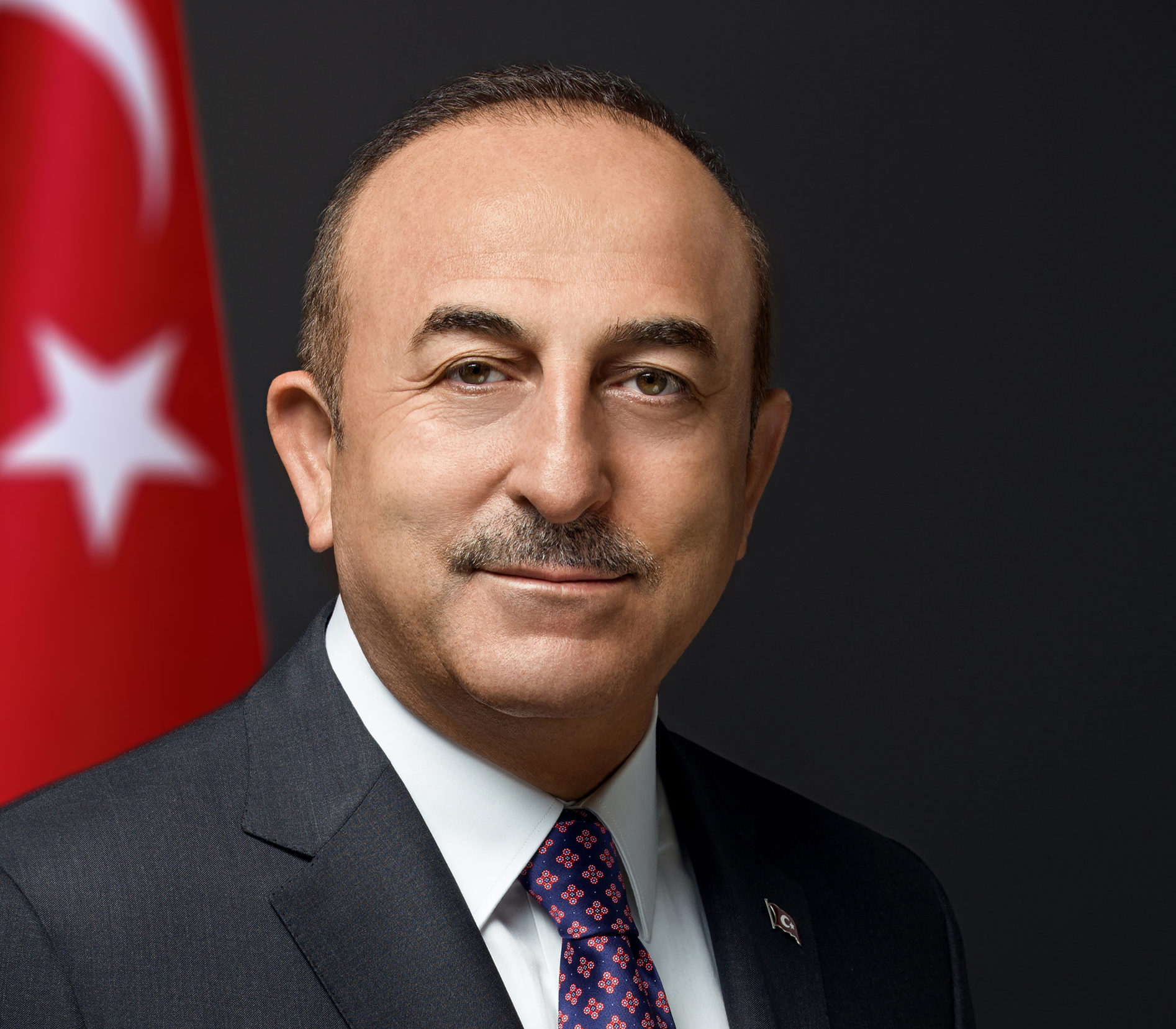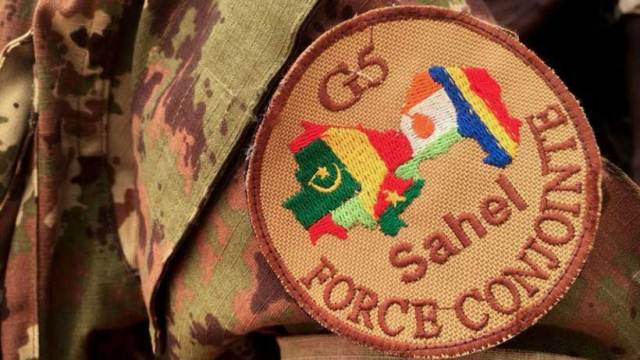
The interim Military government of the Republic of Mali has utterly turned blind eyes on what is referred to as “Accra Initiative” designed by the reputable regional organisation – Economic Community of West African States (ECOWAS). The Accra Initiative aims to prevent spillover of terrorism from the Sahel and to address transnational organised crime and violent extremism in member countries’ border areas. There are Memorandum of Understanding on security and intelligence cooperation among member countries of the Accra Initiative.
The military has refused to honour, observe and respect the protocols by this regional organisation’s Political and Security Committees, and yet ready to accept and implement decisions, suggestions and advice of the Ministry of Foreign Affairs of the Russian Federation.
During his first official visit to Moscow under the military rule in the Republic of Mali, Abdoulaye Diop, Minister of Foreign Affairs and International Cooperation, held extensive discussions with his counterpart, Foreign Minister Sergey Lavrov. That was in November 2021. Minister Abdoulaye Diop went to Moscow for the third time in May 2022, these trips were for political dialogues and consultations with Russia’s Foreign Minister Sergey Lavrov.

As expected, Foreign Affairs Minister Sergey Lavrov has offered the political advice to through his counterpart Abdoulaye Diop to the Military Government, parts were contained in the full media report posted to the official website. “
“We held substantive talks on bilateral cooperation and on the current global and African agenda. Based on the results of the Malian Foreign Minister’s visit to Moscow, we have mapped out ways to build on our cooperation in various spheres. We expressed gratitude to our friends for the substantive and detailed information about the current situation in Mali and the efforts of the national leadership to restore internal stability and create conditions for holding free and democratic elections in due time. We know that the restrictions introduced by the Economic Community of West African States and the latest African Union sanctions are a heavy burden on Mali’s economy.”
“This is seriously complicating the far from simple situation of the Malian people and hindering the resolution of urgent problems in the country, the biggest of which is the threat of terrorism. We know about sanctions from our own experience. It can be said with certainty that sanctions do not help attain the goals sought by the organisers of such illegal pressure. This threatens the country’s territorial integrity,” it says.
It says further, “The fact that terrorist groups have been increasingly active, especially in the north of the country, does not offer a favourable environment for launching an election campaign. Mr Diop said the Malian government will determine the timeline for the election campaign before the end of the year. We do understand the need to reinforce Mali’s counter-terrorism potential. In this connection, the Russian state supplies the necessary equipment, weapons and ammunition. We will do everything we can to prevent any threat to Mali’s statehood and territorial integrity.”
For these fundamental policy mistakes, the African Union and the ECOWAS have imposed sanction against the Republic of Mali. It has been suspended as a member of both continental and regional organisation respectively. The Republic of Mali is currently not a member of any African organisation and stands in isolation on the continent, and its membership can only be restored when it observes the protocols and decisions of both organisations.
The Malian Transitional Military Government’s abrupt and unexpected decision to withdraw from the G5-Sahel group. The Joint Force was created in 2017 by the “G5” Heads of State – Burkina Faso, Chad, Mali, Mauritania and Niger – to counter terrorism in the Sahel “head on”.
Reports, however, pointed out that cooperation among forces from the so-called G5 countries – Burkina Faso, Chad, Mali, Mauritania and Niger – still remains difficult in view of the anti-French sentiments in the country, forcing under-equipped local armies to quickly step up their game against Islamist rebels in the volatile Sahelian region.
The Republic of Mali, a landlocked West African state with an impoverished population, faces increasing isolation from the international community over the political power grab. Even as the African Union (AU), the continental organization, and the Economic Community of West African States (ECOWAS), the regional bloc, both suspended the membership of Mali following military coups in August 2020 and May 2021, the ruling military officials continue to onto political power by delaying the proposed democratic elections.
The transitional government said on 10th March that it would delay a constitutional referendum that had been set to take place this March, the first in a series of scheduled polls meant to restore democracy after a military takeover in 2020. The junta running the West African country pledged to hold presidential elections in February 2024 following pressure from regional powers to lay out an acceptable democratic transition timeline.
The 19th March referendum on a new constitution has been seen as an indicator of the junta’s commitment to organising polls on time, along with a new electoral law passed in June. But the authorities said the referendum would be “lightly” delayed. In a statement, they said they needed more time to get the electoral management authority up and running in all of the country’s 19 administrative regions. There was no mention of a new referendum date.
After months of back and forth with Mali’s military rulers, ECOWAS accepted a new 24-month transition that was to begin in March 2022. It lifted sanctions in July but kept Mali suspended from the bloc. Military rulers have previously blamed election delays on insecurity, saying it made it difficult to organise polls.
The Republic of Mali says it is necessary that African Union and ECOWAS respect its independence and sovereighty. And that both organisations absolutely have no right to interfer in its internal affairs. The Economic Community of West African States, the African Union, the United Nations, and the bilateral and multilateral partners endorse and support the implementation of sanctions and other strict measures to ensure a peaceful return to constitutional and democratic government in the Republic of Mali.
Understanding the Concept of African Solutions to African Problems, during the 36th Ordinary Session of the African Union (AU) held in Addis Ababa, Ethiopia, Prime Minister Abiy Ahmed, the Federal Democratic Republic of Ethiopia (FDRE), interestingly used the phrase – “African solutions to African problems” – seven times during his speech delivered on February 18. He attempted to explain that the deeply-held wisdom – the principle of “African solutions to African problems” – especially during this current time of geopolitical changes sweeping across the world. It is well-known that a number of external countries are using Africa to achieve geopolitical goals, sowing seeds of confrontation which threatens African unity.
Strengthening African unity has long been a sought-after goal that has never been fully achieved, he emphasized, and further added that while leaders are looking for external investment, much should be based on practical and valuable investment, and that Africa needs to improve its economy. Therefore, Africa needs to be neutral and importantly has to look towards the direction of attaining economic sovereignty. Besides that, he further offered the suggestion that all existing conflicts and disputes on the continent, it is necessary to mobilize collective efforts to resolve them and “must be confined to this continent and quarantined from the contamination of non-African interference.”
Quite recently, David L. Dambre who is a doctoral candidate in Strategic Intelligence at the American Military University and a Veteran of the U.S. Army, wrote an opinion article titled “Violent Extremist Organizations Threaten West Africa’s Development” and made some admirable suggestions.
He suggested that: “With the help of their African partners, African governments must lead the way in creating a successful counterterrorism strategy that addresses these threats and creates conditions to improve the livelihood of their people (Sherwood-Randall, 2022). The instability caused by violent extremist organizations has devastated many countries on the continent, making it difficult for them to focus on development and economic growth. The threat these groups pose is real and requires concerted efforts from both African governments and other partners if they are to be defeated (U.S. Senate, Committee on Foreign Relations, 2016). It is essential that African countries work together in order to create peace and stability across the region so that citizens can have access to basic services, education, job opportunities, and economic growth.”
The Republic of Mali, home to nearly 20 million people, is a landlocked country located on rivers Senegal and Niger in West Africa. As a former French colony, it persistently faces serious development challenges primarily due to its landlocked position and it is the eighth-largest country in Africa. Over the years, reform policies have had little impact on the living standards, majority highly impoverished in the country. As a developing country, it ranks among others at the bottom of the United Nations Development Index (2020 report).
SOURCE: ModernDiplomacy.eu
